Trauma survey reaches 1,400 household members in Shirati, Tanzania
A member of the local survey team conducting the survey with a household member.
Shirati, Tanzania - In November 2023, the project team in Tanzania launched the household survey to gather valuable insights into health-seeking behaviours and assess the burden of disease of extremity fractures and traditional bonesetter attendance. The household survey is part of the "Building Bridges for Broken Bones" project supported by the Global Surgery Foundation (GSF) through its innovative catalytic funding mechanism, SURGfund, and implemented by Shirati KMT Hospital and Shirati Foundation, with further support provided by the AO Alliance.
“The survey team spoke with more than 1,400 household members.”
Traumatic injury contributes significantly to the burden of disease and mortality in Tanzania. Due to their cultural acceptability, increased affordability and geographical convenience, traditional bonesetters are often the preferred healthcare provider for extremity fracture patients. Yet, there is little to no data on how often patients visit traditional bonesetters. The household survey aimed to assess the burden of disease of extremity fractures and how often patients see a traditional bonesetter before coming to the hospital.
The household survey was conducted in collaboration with the University of California, Berkley, Delft Imaging and the local survey team consisting of 16 Tanzanian women.
The Delft Ultra, a portable X-ray imaging system, being used to confirm fractures.
The survey team approached a total of 498 households and spoke with approximately 1,400 household members. Within each household, the head of household was asked to provide demographic information about the household and its inhabitants, as well as the occurrence of extremity fractures, both past and present. If household members with a history of extremity fractures were present, they were asked to participate in the household survey.
As a next step, the project team will confirm the suspected fractures that were identified with the Delft Ultra, a portable X-ray, to ensure it is indeed a fracture and not, for example, a bruise.
Stay up to date!
Learn more about the project here
Read the previous project update
Learn more about SURGfund

